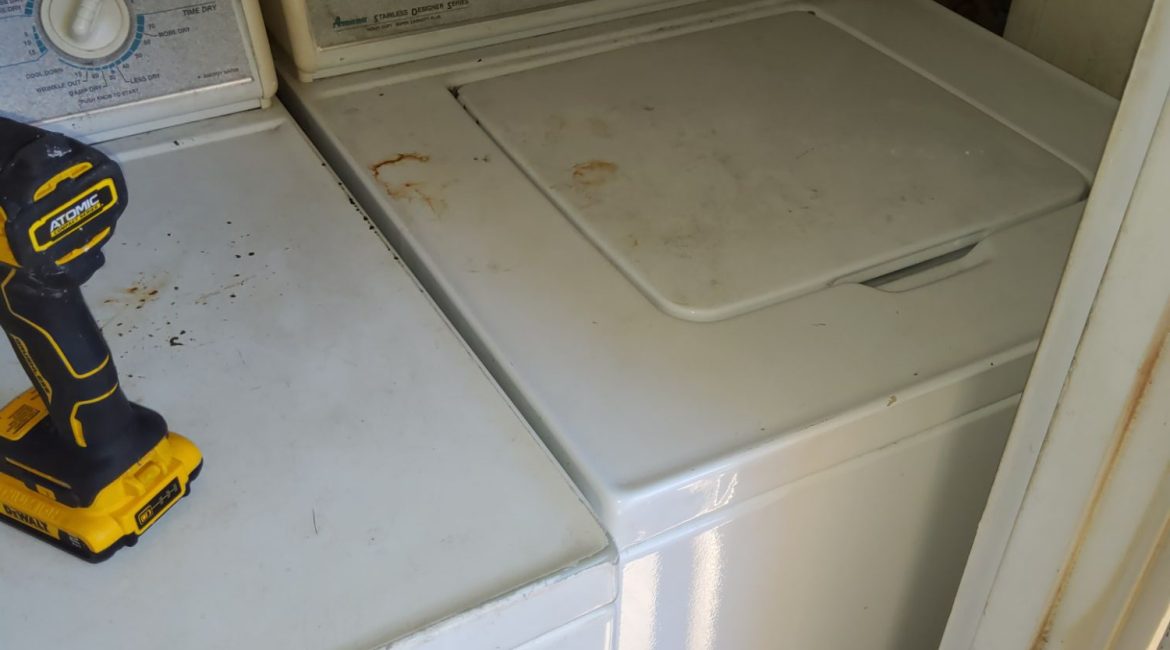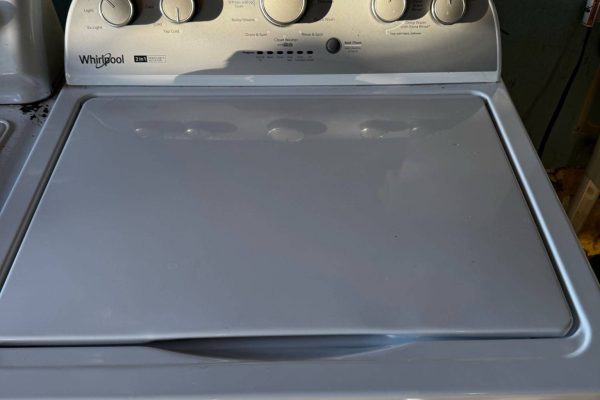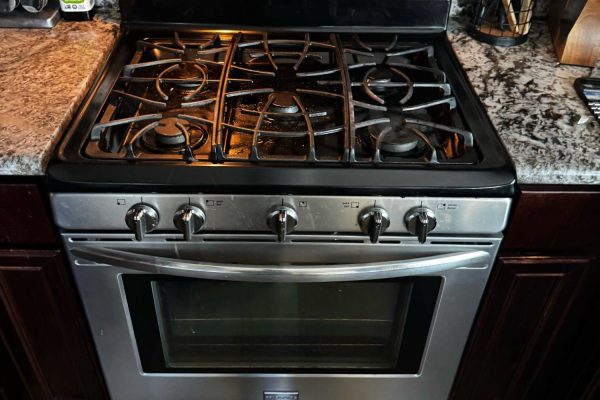When your washing machine starts leaking water during the spin cycle, it’s more than just an inconvenience—it’s a sign of an underlying problem that requires immediate attention. Water leakage during the spin cycle often points to issues with the hoses or the pump seal, both of which play crucial roles in your washer’s operation. Ignoring the problem can lead to floor damage, mold growth, or even electrical hazards. Let’s break down why this happens, how to diagnose it, and what you can do about it.
Understanding How the Washer’s Spin Cycle Works
During the spin cycle, the washing machine works at its highest speed, removing excess water from your clothes. The pump and drain hoses are under pressure as they move water rapidly out of the drum. If any component is loose or damaged, the high-speed spinning can force water out of small openings, leading to leaks.
Loose or Disconnected Drain Hose
One of the most common culprits for leaks during the spin cycle is a loose or improperly connected drain hose. The drain hose carries wastewater from the tub to the home’s plumbing system. Over time, vibration from repeated spin cycles can cause the hose connection to loosen.
Signs of a Loose Hose:
- Water puddles form behind or under the washer after the spin cycle.
- The hose may rattle or shift during operation.
- You might notice dampness around the hose connection point.
Solution:
Check the hose connection at both ends—where it connects to the washer’s pump and where it enters the household drain. Tighten any loose clamps and ensure the hose isn’t kinked or twisted. If the hose is cracked, brittle, or shows visible damage, it should be replaced immediately.
Damaged or Worn Pump Seal
The pump is responsible for moving water out of the drum during the rinse and spin cycles. If the pump seal is damaged or worn, water can escape from the pump housing. This issue tends to worsen over time, as the constant motion and heat degrade the rubber or plastic materials that form the seal.
Common Symptoms of a Faulty Pump Seal:
- Leaking only occurs during the spin or drain cycle.
- A grinding or squealing noise from the pump area.
- Traces of water beneath the washer’s front or back panel.
Solution:
Inspecting the pump requires removing the washer’s lower front panel. If you notice water around the pump or evidence of corrosion, the seal is likely compromised. Replacing the pump or its seal is a technical job best left to professionals, as incorrect installation can lead to further leaks or pump failure.
Clogged or Damaged Internal Hoses
Internal hoses carry water between components inside the washer. Over time, they can become clogged with detergent residue, lint, or mineral buildup. This can create pressure points that lead to small leaks during high-speed cycles.
Signs of Internal Hose Issues:
- Intermittent leaks that vary in severity.
- Water appearing from unexpected areas of the washer cabinet.
- Gurgling or whistling sounds during draining.
Solution:
Internal hoses need to be inspected and cleaned periodically. If they show signs of wear or cracks, replacement is the safest option.
Tub Seal or Bearing Problems
If water appears to be leaking from the bottom center of the washer, the tub seal may be the issue. The tub seal prevents water from escaping the drum where the agitator or spin basket meets the transmission shaft. A worn tub seal can allow water to seep into the bearings, leading to loud noises and leaks.
Warning Signs:
- Leaking directly beneath the washer center.
- Rust stains or a musty odor.
- Loud rumbling noises during spinning.
Solution:
Tub seal and bearing repairs require disassembling much of the washer and often involve special tools. Professional service is strongly recommended for this repair.
Preventive Maintenance Tips
Regular maintenance can prevent most washing machine leaks. Here are a few practical tips:
- Check hoses monthly for cracks, bulges, or looseness.
- Replace hoses every 3–5 years as part of preventive maintenance.
- Avoid overloading the washer, which can strain hoses and seals.
- Clean the detergent drawer and drain pump filter regularly to prevent buildup.
- Run periodic cleaning cycles with washer-safe cleaning agents to remove residue and mold.
When to Call a Professional
If you’ve inspected the hoses and connections but the leak persists, it’s time to call a professional technician. Persistent leaks may indicate multiple failing components or internal issues that require specialized tools and expertise. Attempting to fix internal parts without proper knowledge can worsen the damage and void your appliance warranty.
Protect Your Home and Washer
Even a small leak can cause major damage over time. Water seeping into floors can warp wood, loosen tiles, or promote mold growth. More importantly, if the leak reaches electrical components, it poses a serious safety risk.
Call the Experts at Poway Appliance Repair Service Center
Don’t let a leaking washer disrupt your routine or damage your home. The experienced technicians at Poway Appliance Repair Service Center specialize in diagnosing and repairing all types of washing machine leaks—whether it’s a loose hose, damaged pump seal, or internal component failure.
We offer fast, reliable service and guarantee long-lasting repairs.
Call Poway Appliance Repair Service Center today and restore your washer’s performance safely and efficiently.
Contact us


